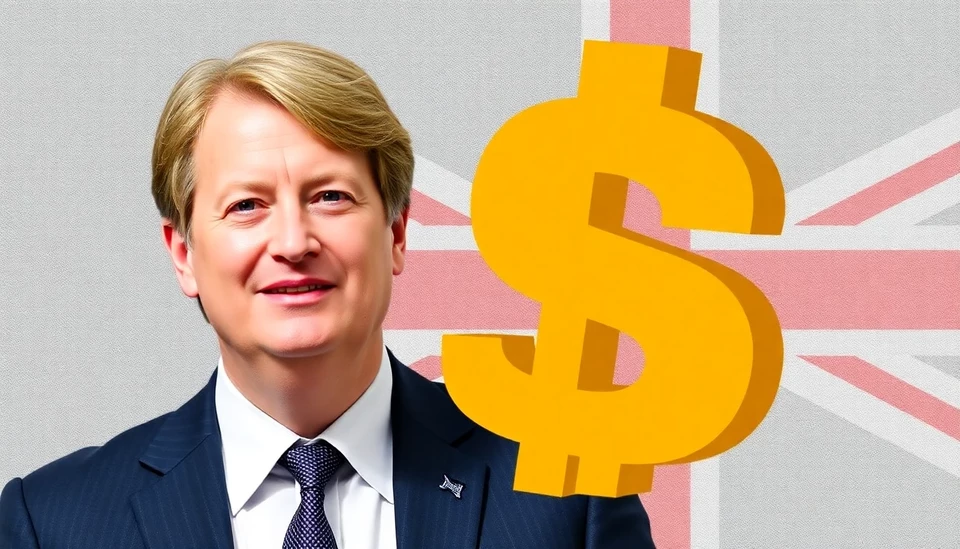
In a significant policy reversal, the UK government has decided to discontinue its proposed tax crackdown on private equity firms and buyout companies. Initially aimed at increasing revenues and addressing perceived tax loopholes, the move reflects growing pressures from investment groups and industry leaders who warned that the crackdown could discourage investment and harm the economy.
The decision comes as part of a broader reassessment of the government's fiscal strategies, particularly in a climate of economic uncertainty following the ongoing aftershocks of the pandemic. The planned reforms had aimed to reform tax treatment within the buyout sector, targeting the favorable conditions under which profit distributions to investors were taxed. This decision has been met with mixed reactions, particularly among advocacy groups that had hoped for a more aggressive stance on taxation in the high finance sector.
Industry insiders had voiced significant concern that these tax measures would destabilize the investment landscape, particularly at a time when the UK is already grappling with various economic challenges, including inflationary pressures and labor market complications. Many argued that such a tax policy could deter foreign investment critical for fostering growth in key sectors.
The now-abandoned proposals had included higher taxes on profits derived from buyout operations, which were expected to generate billions for the UK treasury. However, government officials have now shifted their focus towards creating a more conducive environment for both domestic and international investors. This pivot marks a clear acknowledgment of the delicate balance the government must maintain between fiscal responsibility and economic growth.
A spokesperson for the Treasury noted that the government remains committed to ensuring that the tax system operates fairly while fostering an atmosphere that encourages investment. While specific future tax measures were not outlined, the government’s priority appears to be restoring confidence among investors and ensuring the UK remains an attractive marketplace amidst global competition.
This decision may also be seen as part of a larger trend where governments are reassessing their approaches to taxation within the financial sector, especially in light of the growing scrutiny on corporate tax practices globally. As public sentiment continues to shift, with calls for greater corporate responsibility and fairness in taxation, the debate over how best to steer fiscal policy in the financial services space will undoubtedly continue to evolve.
As the landscape shifts, stakeholders and analysts will be closely watching future tax policies and the economic repercussions of this significant policy change. The government’s strategic pivot seeks to strike a balance between fiscal prudence and fostering a robust investment climate that supports long-term economic growth.
With this development, firms operating within the buyout sector can breathe a sigh of relief, at least for the time being, as they navigate the complexities of a post-pandemic recovery phase filled with both challenges and opportunities.
#UKTaxPolicy #BuyoutFirms #PrivateEquity #InvestmentClimate #EconomicGrowth
Author: Samuel Brooks

